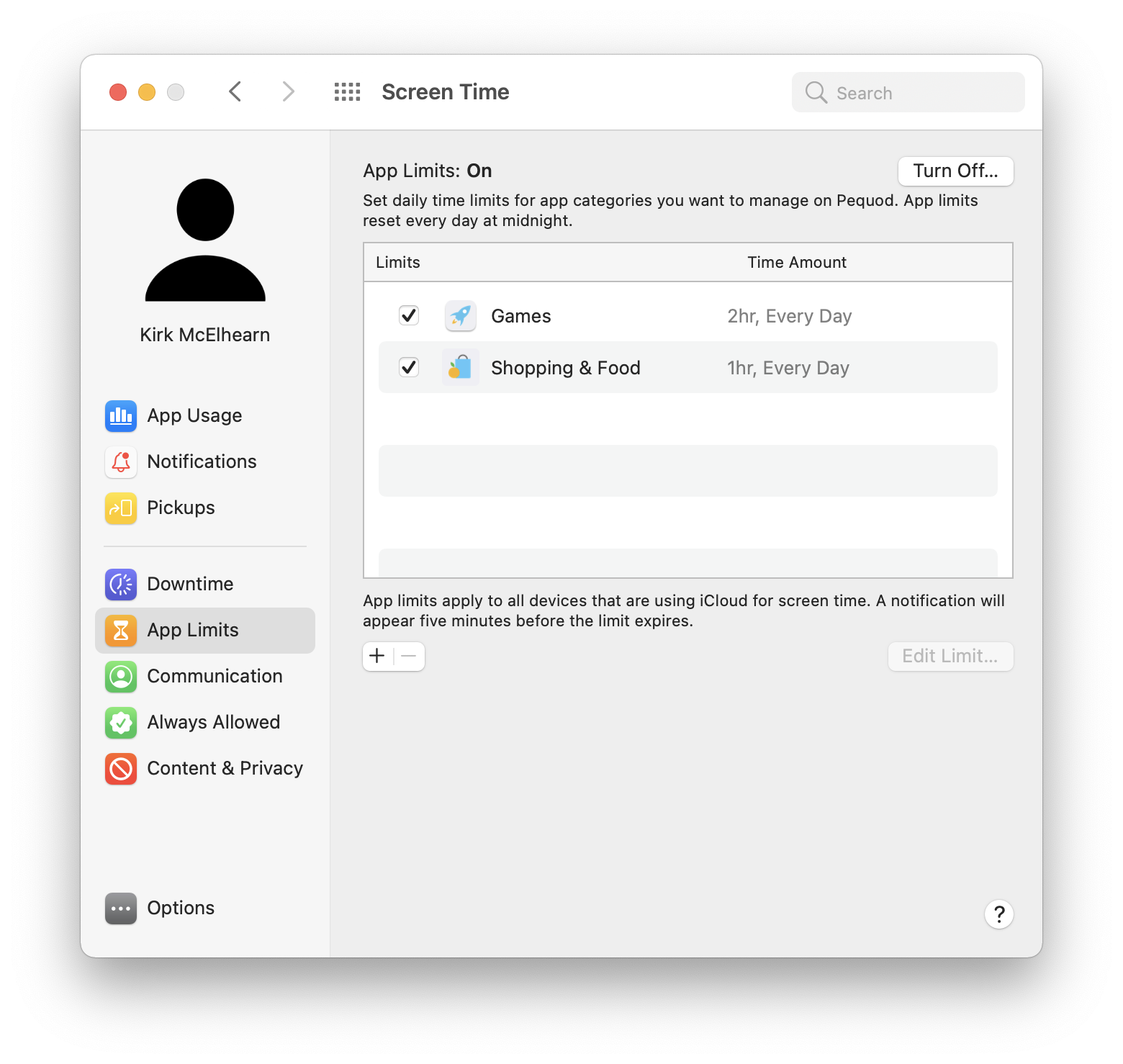

We know this sounds like a no-brainer, cop-out fixing method but the truth is that, in many cases, a simple restart of your machine and your Wi-Fi router/modem may be all that is required to normalize the wireless Internet connection of your Mac. Method 1: Resetting your Mac and router/modem These methods work for all types of Mac computers, including MacBook, MacBook Pro, Mac Mini, iMac, and MacBook Air models. The troubleshooting methods have been arranged in order based on their difficulty and time required to complete, so we suggest completing the methods in the order they are shown so that you don’t end up wasting time on a more complex method when an easier one could have resolved your problem. In any case, we have prepared several methods that you could try to fix any problems with your Wi-Fi that you may have started experiencing after you updated your macOS to Big Sur.
#Mac os network settings reset update
In most cases, the Big Sur update itself isn’t the reason for the problem but rather the cause that triggered the underlying issue to manifest itself. A problem with your router or a temporary system bug can also be the cause of issues with your Wi-Fi connection. The potential reasons for such problems could range from anything like problems with your Mac’s NVRAM or PRAM to incorrect DNS settings.

There isn’t one single universal fixing method for Wi-Fi related issues that have occurred after updating to Big Sur.

Method 7: Set up a new Wi-Fi configuration for macOS Big Sur.Method 5: Reset the NVRAM/PRAM of your Mac.Method 4: Connect to a different Wi-Fi network or use your own HotSpot.
#Mac os network settings reset install
Method 3: Check for missing updates and install them.Method 2: Disconnect peripheral devices currently connected to your Mac.Method 1: Resetting your Mac and router/modem.Fixing WiFi problems after the Big Sur update.


 0 kommentar(er)
0 kommentar(er)
